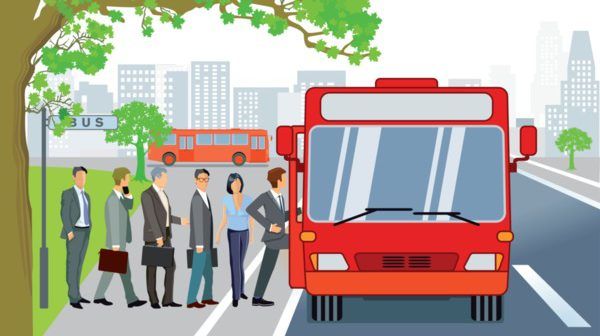As the self-proclaimed “Capital of the World,” New York City should be at the forefront of innovation in every area, including public transportation. With its wide array of subway lines, buses, ferries and trains, New York City has one of the most advanced mass transit systems in the United States.
Unfortunately, this does not mean New York City mass transit is without problems. On Dec. 1, a Metro-North train derailed in the Bronx near Spuyten-Duyvil, killing at least four people and injuring over 60 others. This was the second passenger train derailment in the last six months for the MTA and by far the city’s worst safety issue of the year. Early reports suggested the train was exceeding allowable speeds by at least a factor of three, which, if confirmed, is an embarrassment to this city — and the United States as a whole — and its supposedly modern infrastructure.
Despite tragedies like the recent Metro-North derailment, it often seems like our nation’s leaders are simply not getting the message: we need to invest in mass transit.
Public transportation is likely to become more expensive for many American commuters in January. Current law allows mass transit users and those who drive cars to work (and pay for parking) to pay up to $245 in monthly transportation costs with tax-exempt wages. On Jan. 1, however, the mass transit benefit is scheduled to be cut in half to only $125 per month. The parking benefit, however, will rise to $250.
This clearly favors drivers over riders and we at The Fordham Ram believe it is an embarrassing lack of foresight. Investment in public transportation is the mark of a developed nation. Why is the United States lagging behind?
This example is particularly mystifying because the tax break is scheduled to decrease largely because of the uncompromising nature of House Republicans, who are usually in favor of tax breaks.
Furthermore, this comes as more Americans begin to rely on public transportation. Last year the American Public Transportation Association reported that ridership increased by 2.6 percent over the first three quarters of 2012. The report also found that 201 million more trips were taken using public transportation in the first nine months of 2012 than in the same time period in 2011.
Public transit is good for the country. It cuts down on fuel usage and decreases carbon emissions and congestion, all while saving commuters time, money and countless hours of headaches while sitting in commuter gridlock.
Nearly 8 billion trips were taken on mass transit last year, the second highest annual ridership since 1957. Americans reliance on public transportation is growing, not fading, and our leaders must realize and react to this reality.





